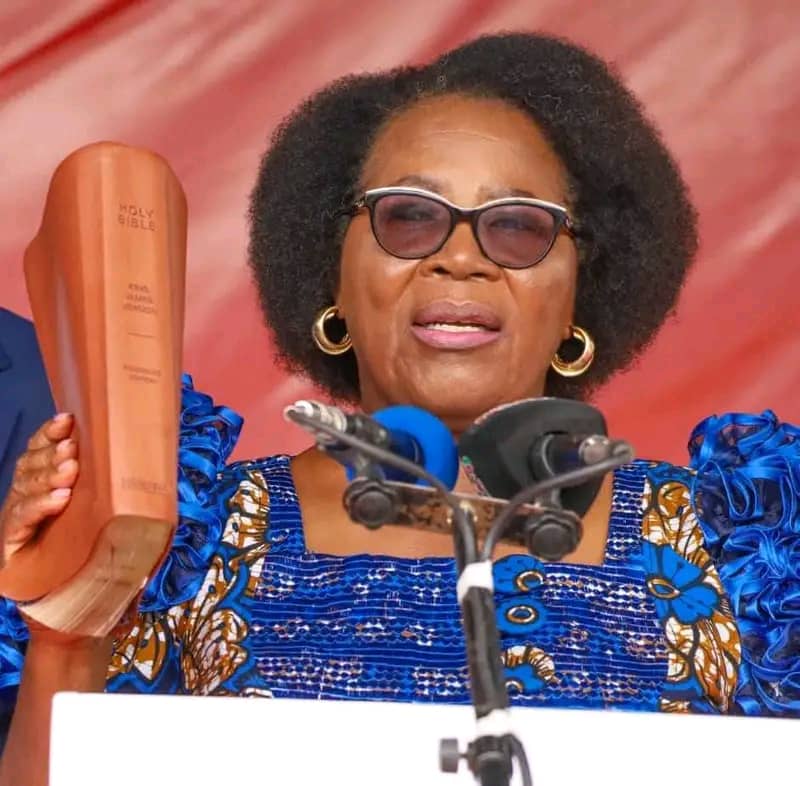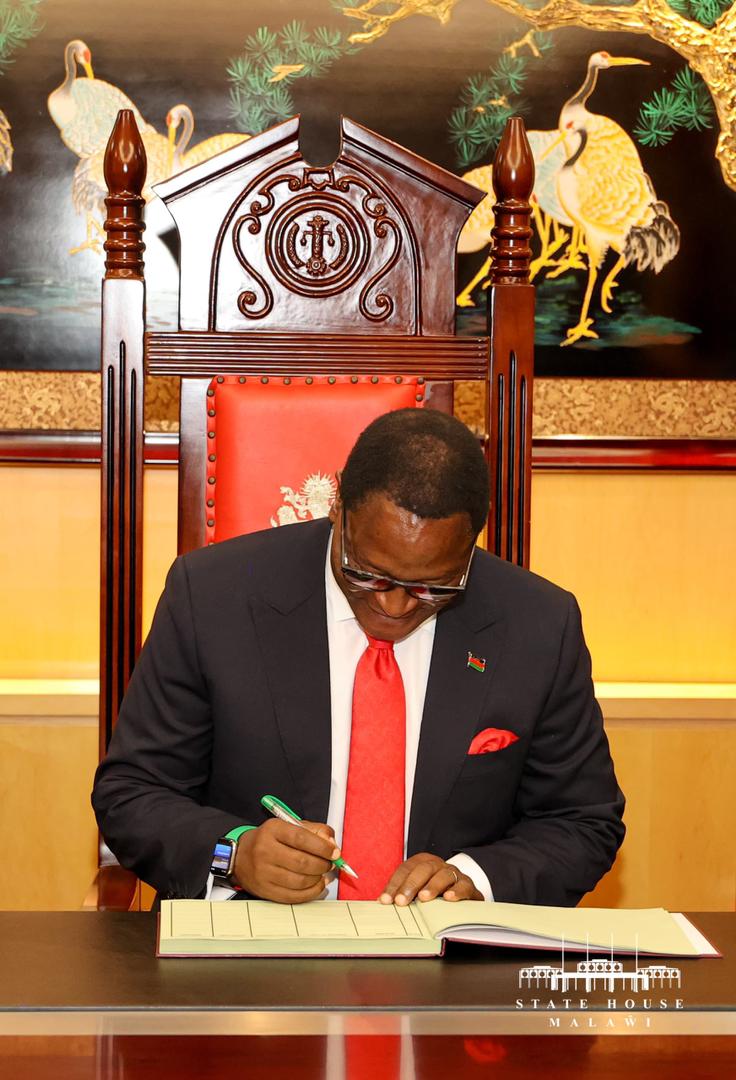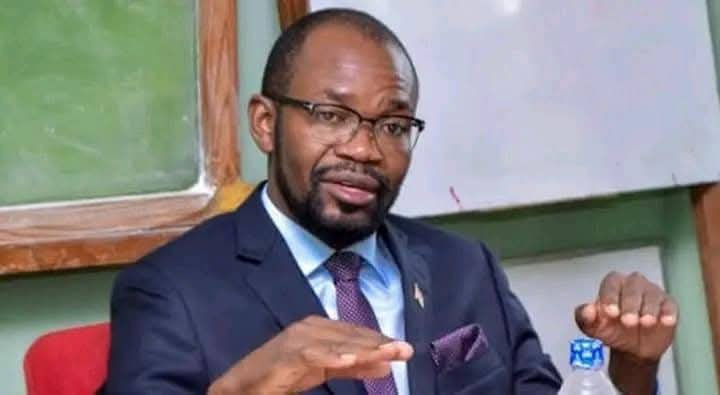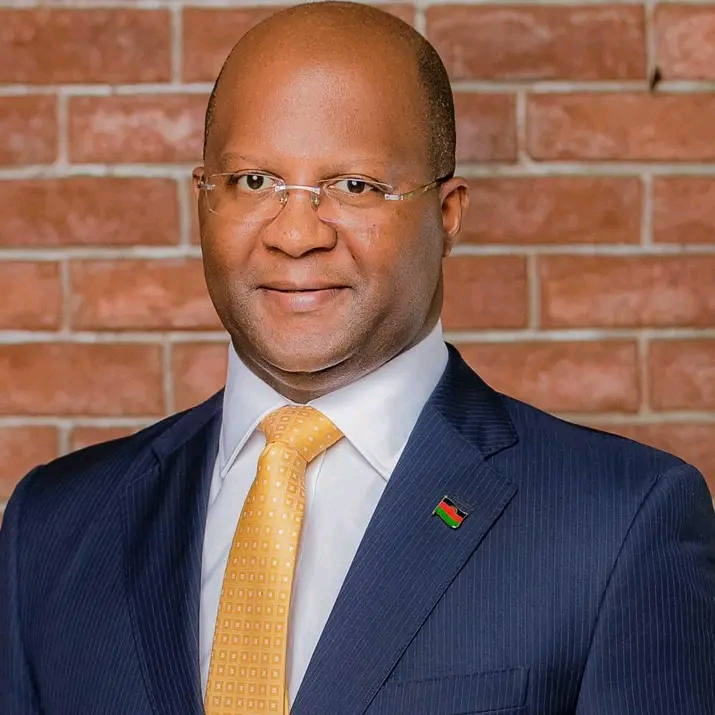By Burnett Munthali
Assessing a new cabinet, especially at the level of Vice President, requires a nuanced understanding of political, administrative, and social dimensions.
Dr. Jane Ansah brings to the office a wealth of experience, having held significant positions in the electoral and governance sectors prior to her appointment.
Her previous roles demonstrate both technical expertise and leadership capacity, essential qualities for navigating the complex responsibilities of the vice presidency.Jane Ansah draws fiery support in Lizulu, Dedza
In evaluating her track record, it is evident that she has overseen major processes, often under intense public scrutiny, which speaks to her ability to manage pressure and maintain professional standards.
Skill sets such as strategic decision-making, crisis management, and stakeholder engagement are crucial for her position, and Dr. Ansah’s background suggests she possesses these competencies.
Representation and balance in the cabinet are key factors, and Dr. Ansah’s appointment reflects efforts to enhance gender representation in Malawi’s executive leadership.
Moreover, her inclusion may contribute to broader regional and political cohesion, given the diverse expectations of citizens across the country.
Policy alignment is another critical lens; Dr. Ansah’s professional orientation suggests compatibility with the government’s stated priorities and reform agendas.
Her ideological approach appears to support institutional integrity and governance reforms, indicating a potential for driving meaningful changes rather than maintaining the status quo.
Integrity and credibility are indispensable qualities, particularly for a vice president who may be called upon to act as a moral and political compass.
Dr. Ansah’s public record, while not without controversy, largely signals a commitment to transparency and accountability, enhancing her trustworthiness in the eyes of citizens and stakeholders.
Team dynamics within the cabinet are equally important, and her ability to collaborate effectively with colleagues and bureaucrats will be a determinant of overall executive cohesion.
Her leadership style, shaped by prior experiences, suggests a capacity for measured decision-making and collaborative problem-solving.
Crisis management is an area where her prior exposure to high-stakes electoral environments could prove invaluable in navigating national challenges.
Public expectations of Dr. Jane Ansah as Vice President are notably high, reflecting both hope for competent governance and scrutiny from citizens seeking accountability.
Her communication skills and responsiveness will be tested as she addresses policy debates and interacts with civil society and the broader public.
Early performance indicators, such as policy initiatives, engagement with government structures, and responsiveness to national concerns, will offer measurable insights into her effectiveness.
Budget oversight and stakeholder relations will further reveal her ability to balance administrative competence with political acumen.
A comparative analysis of public expectations versus actual performance over the first few months will be essential in determining her success in office.
Dr. Jane Ansah’s appointment as Vice President is therefore a multifaceted development, combining expertise, integrity, and public anticipation in a role that is central to Malawi’s governance and political stability.




